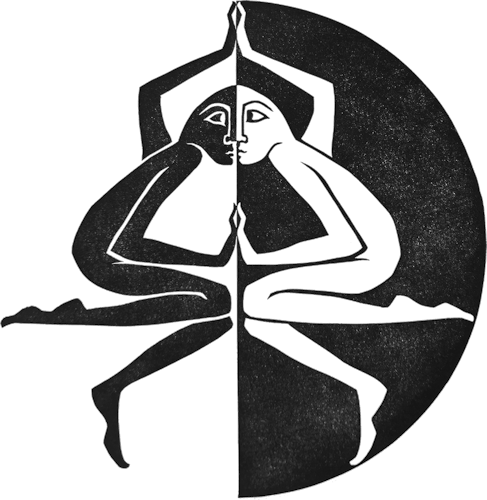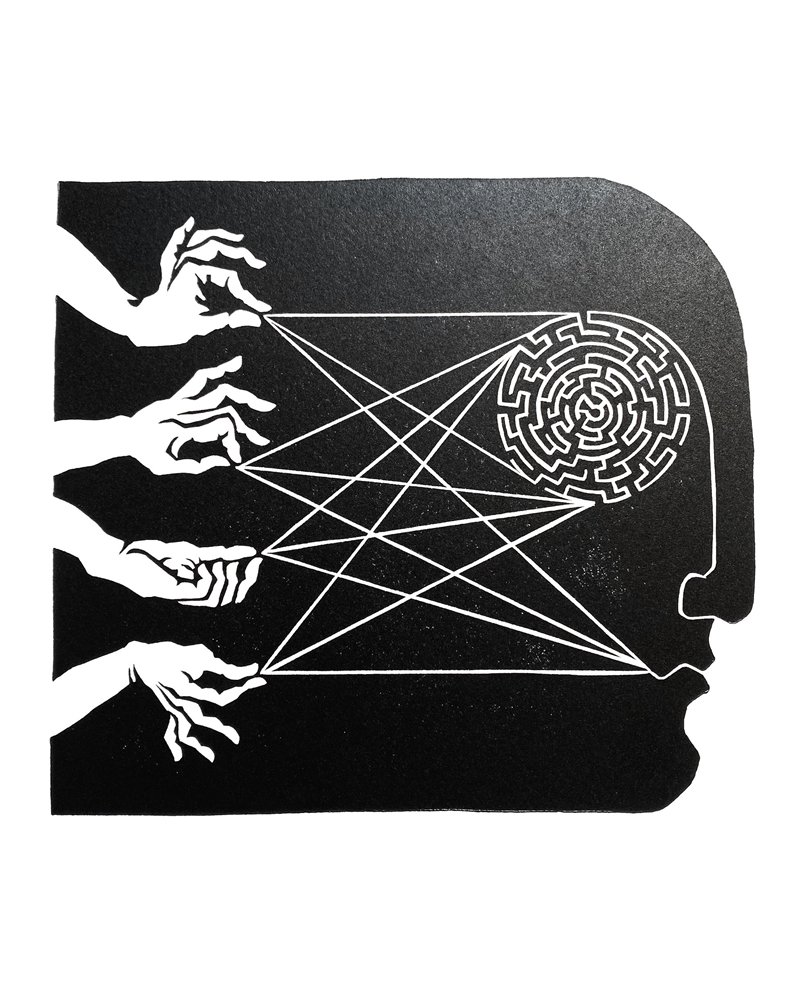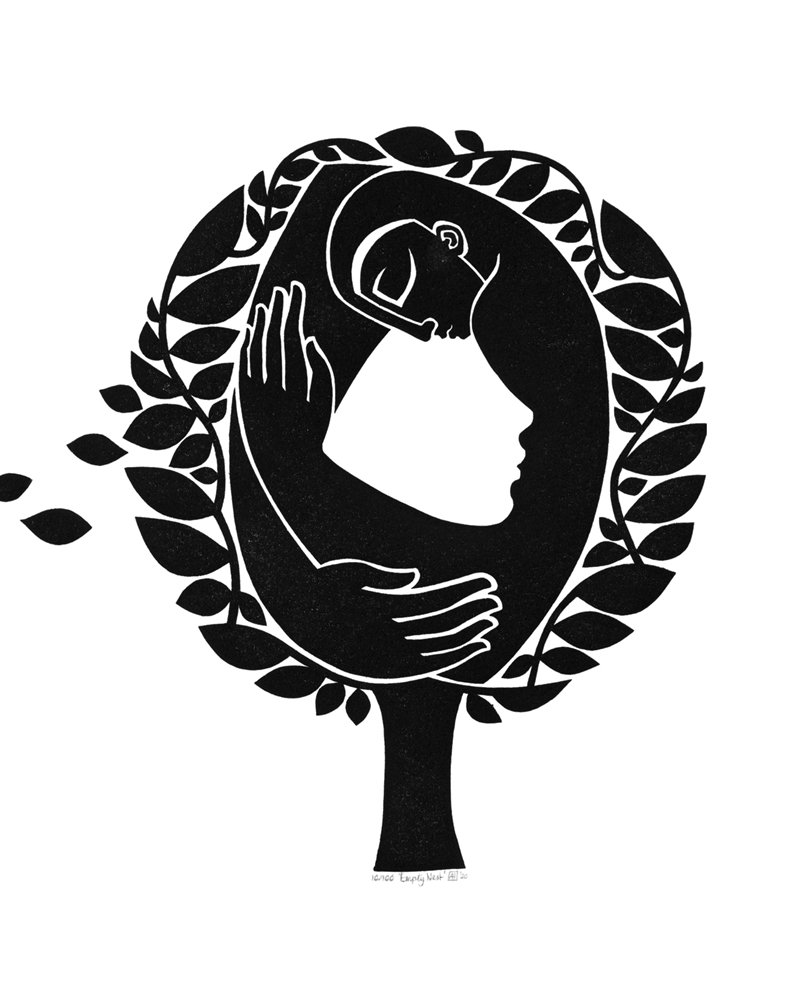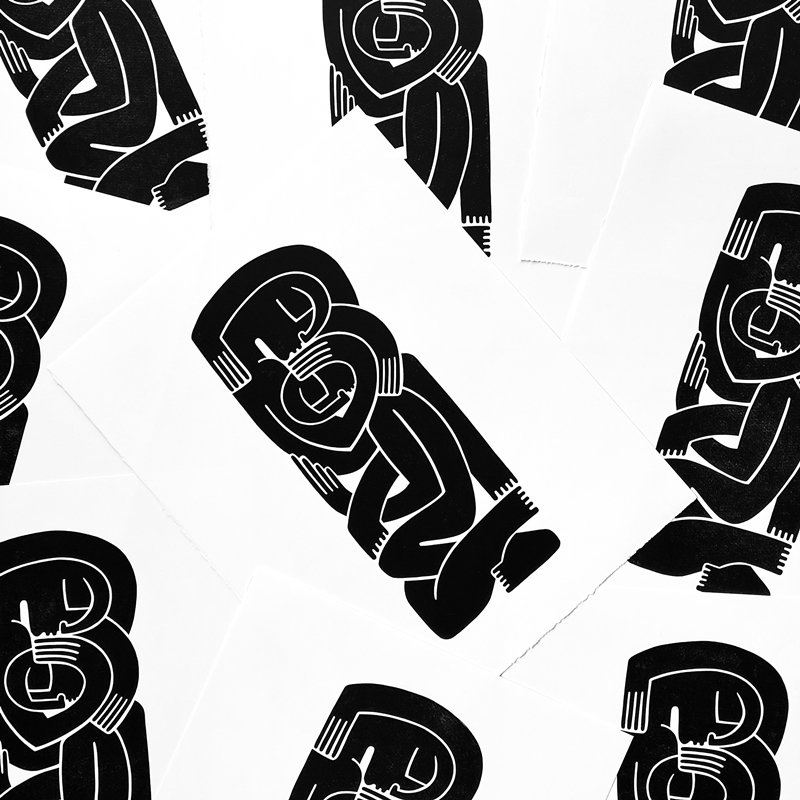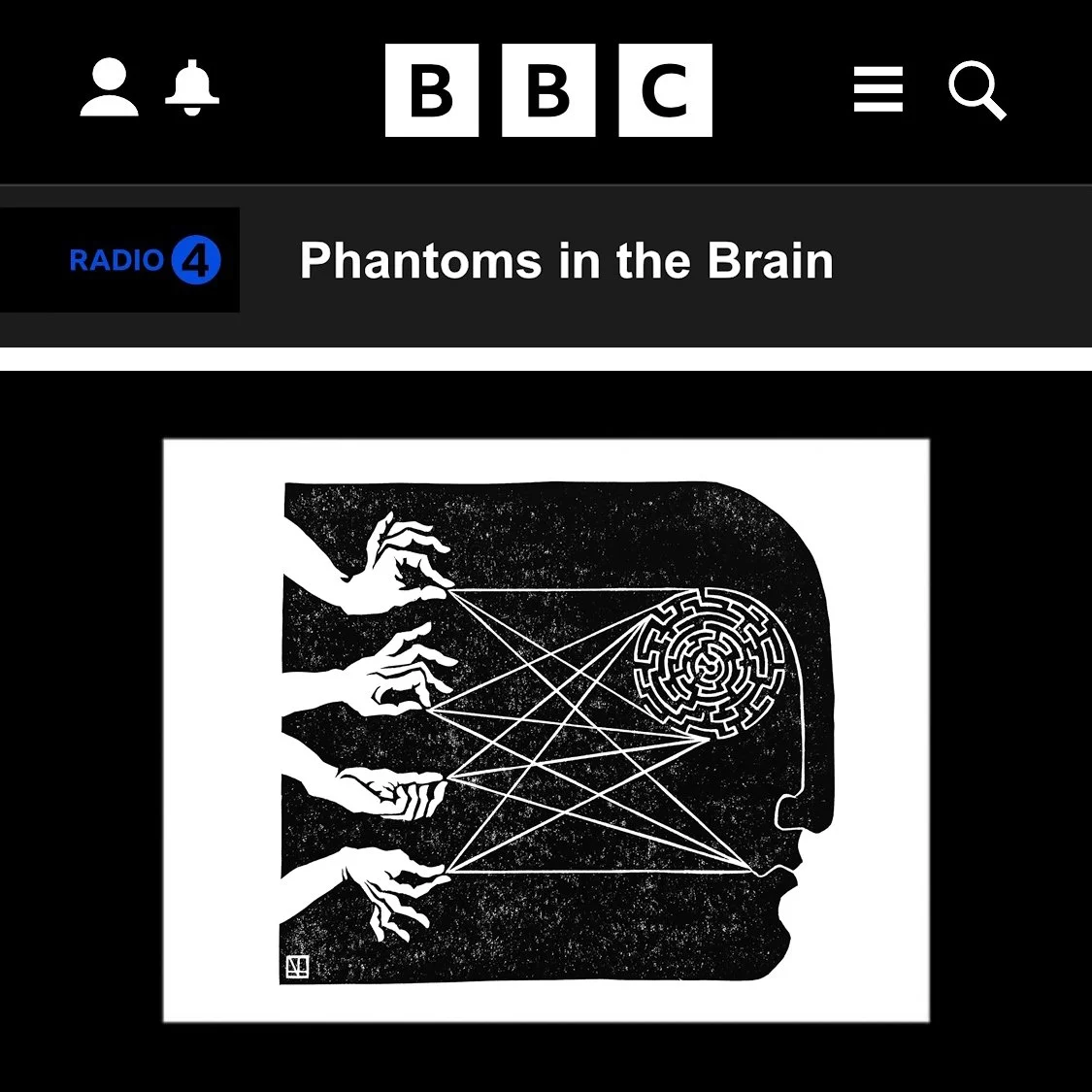Printmaking Portfolio
I make contemporary linocut prints inspired by philosophy, psychology and the human experience. I’m interested in simplicity of form, bold design, and visual symbolism.
I also take commissions for bespoke linocut projects, which you can find out about here.
Many of my prints are available in my shop.
Commissions & Publications
Some of the places my work has been featured and published.
I take commissions for bespoke linocut projects like book covers, album art, logo design and custom limited edition print cycles. You can browse the archive here.
If you’re looking for an artist for an upcoming project, I’d love to hear from you.
Some of my prints are influenced directly by particular philosophical arguments or psychological concepts. I’m interested in the process of distilling an abstract idea into a single image in order to understand it better.
Inspired by Armenian philosopher G. I. Gurdjieff’s 'horse and cart' allegory, In Search of the Miraculous explores the potential we have as humans for developing our awareness in order to form a unified consciousness, as opposed to continuing to live our lives in a hypnotic 'sleep state'.
In the allegory, the carriage represents the human body and all its functions, the horse harnessed to the carriage corresponds to the emotions, and the coachman directing the horse represents the intellectual mind. The passenger directing the coachman from inside the carriage represents the ‘possibility of consciousness’.
Original linocut prints are available in my shop.
Hume’s Fork
Hume's Fork is a copper drypoint print influenced by philosopher David Hume’s epistemological theory that all concepts are divisible into two distinct categories: ‘relations of ideas’ and ‘matters of fact’, an argument that became known as ‘Hume’s Fork’.
Hume proposed that genuine knowledge could only be derived from the latter set of concepts - matters of fact - which could be relied on as accurate impressions of the empirical world.
This piece was featured in the Sycamore Review literary journal.
Inspired by British philosopher Gilbert Ryle’s famous objection to Descartes’ mind-body dualism, The Ghost in the Machine explores the boundary and relationship between the conscious mind and the physical brain.
Ryle ridiculed the traditional Cartesian dualist claim that mind and body are composed of two distinct ‘substances’ - mental and physical substances - in an argument that became known as ‘the ghost in the machine’ argument.
His criticism revolved around the absurdity of the interdependent relationship that would have to exist between the so-called mental and physical substances in order to explain the coherence of our experiences.
This piece was used for BBC Radio 4's documentary series Phantoms in the Brain.
Original linocut prints are available in my shop.
Inspired by Jungian psychoanalytic theory, the Shadow Aspect series explores the archetype of the shadow in terms of the changing dynamics of the relationship it is able to develop with the conscious mind - or ego - throughout the process of individuation.
Each of the three prints represents a different stage of the process of rejecting, acknowledging, accepting and eventually embracing the shadow side in order to become a whole, individuated person.
Original linocut prints are available in my shop.
